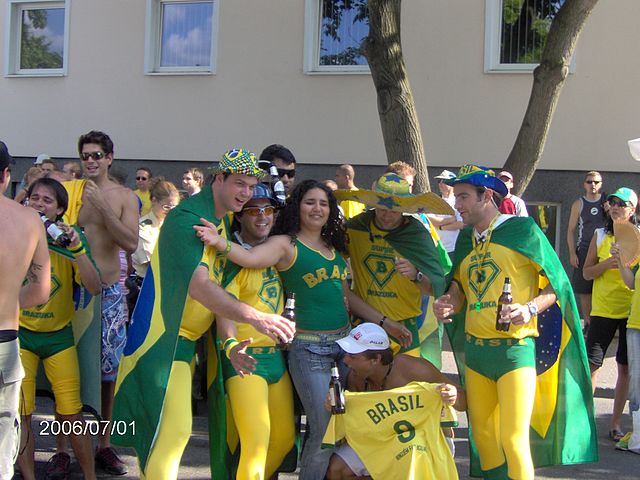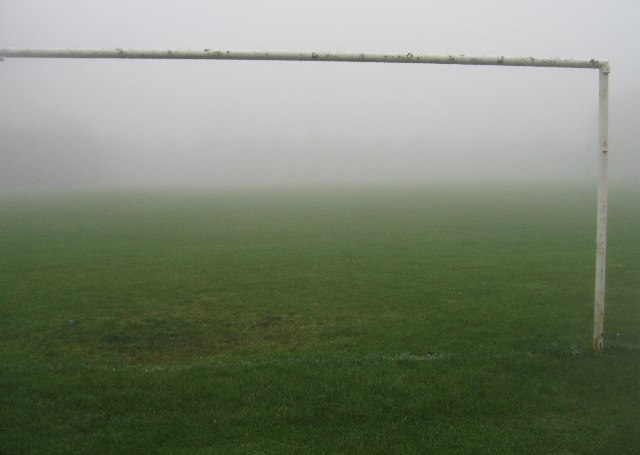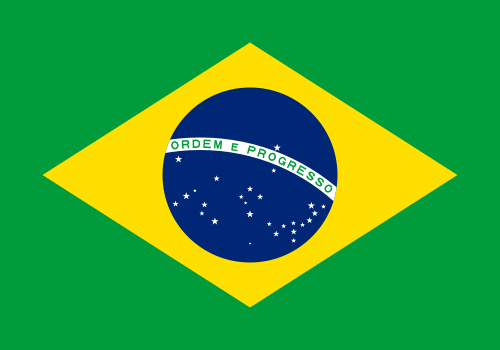Buying your ticket for the 2014 World Cup provides a wonderful opportunity for fans to explore the majestic cities and landmarks that Brazil is famous for.
The tournament itself should be a wonderful spectacle in a country that is primed for a major football event.
5 Things you should know about Brazil
With the 2014 World Cup in Brazil fast approaching, millions of fans across the world will begin making preparations for the tournament to ensure everything is in place to enjoy a one-in-a-lifetime occasion. Thirty-two nations will participate during the traditional June to July format where fans will see at least three games during their time in a country known for its Samba skills, flamboyancy and sweltering climates. The World Cup is the pinnacle of any footballer’s career, with the experience shared by fans who travel from every continent to be a part of one of the greatest and biggest events in world sport. Looking at the latest betting odds can help to increase the excitement and anticipation of backing your home nation and seeing your favourite players wear the national shirt with pride in Brazil. As not many people have been to Brazil, there are a few things you should know about the country before you arrive in the country to watch the World Cup.
Carnival

Although there will be no vuvuzela noise that made the 2010 World Cup in South Africa due to their global ban, locals do not need any fancy gimmicks, horns or excuses to create a carnival atmosphere in the streets and stands of Brazil. Fans across the country take football seriously, both at club level and on the international stage, and will be there in numbers to fill the World Cup with unrivalled passion for the game. Expect flamboyant dancing, waving flags, green and white streamers, and beautiful women to be spotted throughout Brazil 2014.
The first timers
Like any other sporting event, the World Cup is often renown for fairytale stories as the so-called lesser nations upset the odds and knock the big guns off their perch. While there are a few nations that could easily be considered as underdogs to lift the famous trophy, Bosnia-Herzegovina are set to feature in their first ever major tournament. With a population of just under 370,000, Bosnia is also amongst the smallest nations to participate at the World Cup – do not be fooled by their relatively small stature though. They have shown considerable progress over the last four years and, despite their qualifying group being arguably the weakest, topped Group G ahead of Greece with an impressive goal difference of +24 (scoring 30 and conceding just 6 goals in 10 games). Edin Dzeko, Miralem Pjanic and Asmir Begovic are names to look out as the minnows look to make a real impact in Brazil.
Humidity and high temperatures
Brazil is renown for its considerably high temperatures and humidity levels, with fans highly advised to wear sun cream protection at all times and drink plenty of fresh water. The country’s considerable size can mean that all-round conditions can hugely vary across each of the 12 cities, with Manaus in the North-West predicted to be in the region of 35 degrees Celsius in June.
Civil Unrest
Despite being the hosts of the most prestigious events in world football, the reaction to the tournament has been far from welcoming. There is nothing to suggest that locals across Brazil will not welcome fans from across the world and create a memorable carnival atmosphere throughout the World Cup, but mass protests have indicated the unhappiness in certain quarters over the vast amounts of money spent of hosting the tournament when their economic climate is far from secure. Protests emanated throughout the 2013 Confederations Cup, with more expected throughout the World Cup and beyond.
Goal-line technology

Amidst considerable speculation and controversy, the 2014 World Cup will be the first major international tournament which will see goal-line technology being used. The technology has been rigorously tested across a number of European domestic leagues and have, as of now, proved a resounding success. Using a series of cameras and lasers, sensors built into the watches worn by every Fifa referee will indicate whether the ball has, or has not, crossed the line to avoid any more controversies like the Frank Lampard shot against Germany in the 2010 World Cup.














